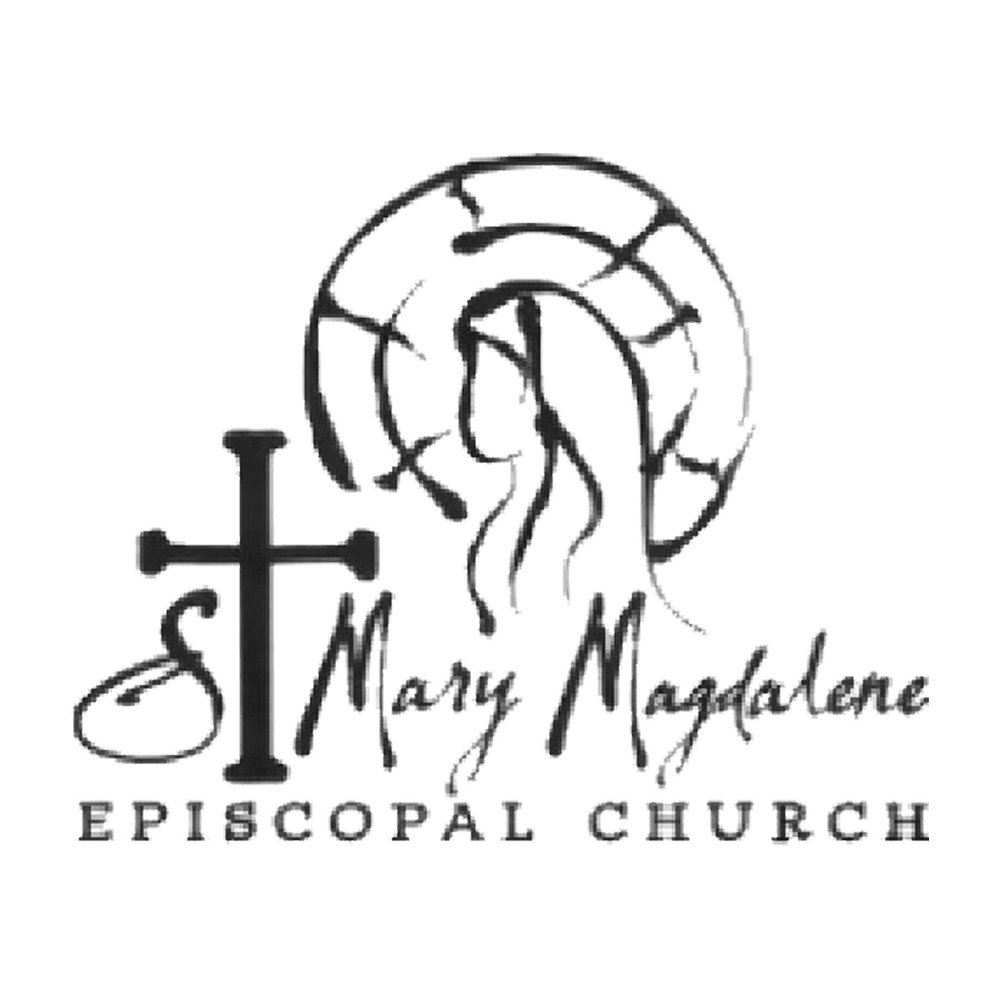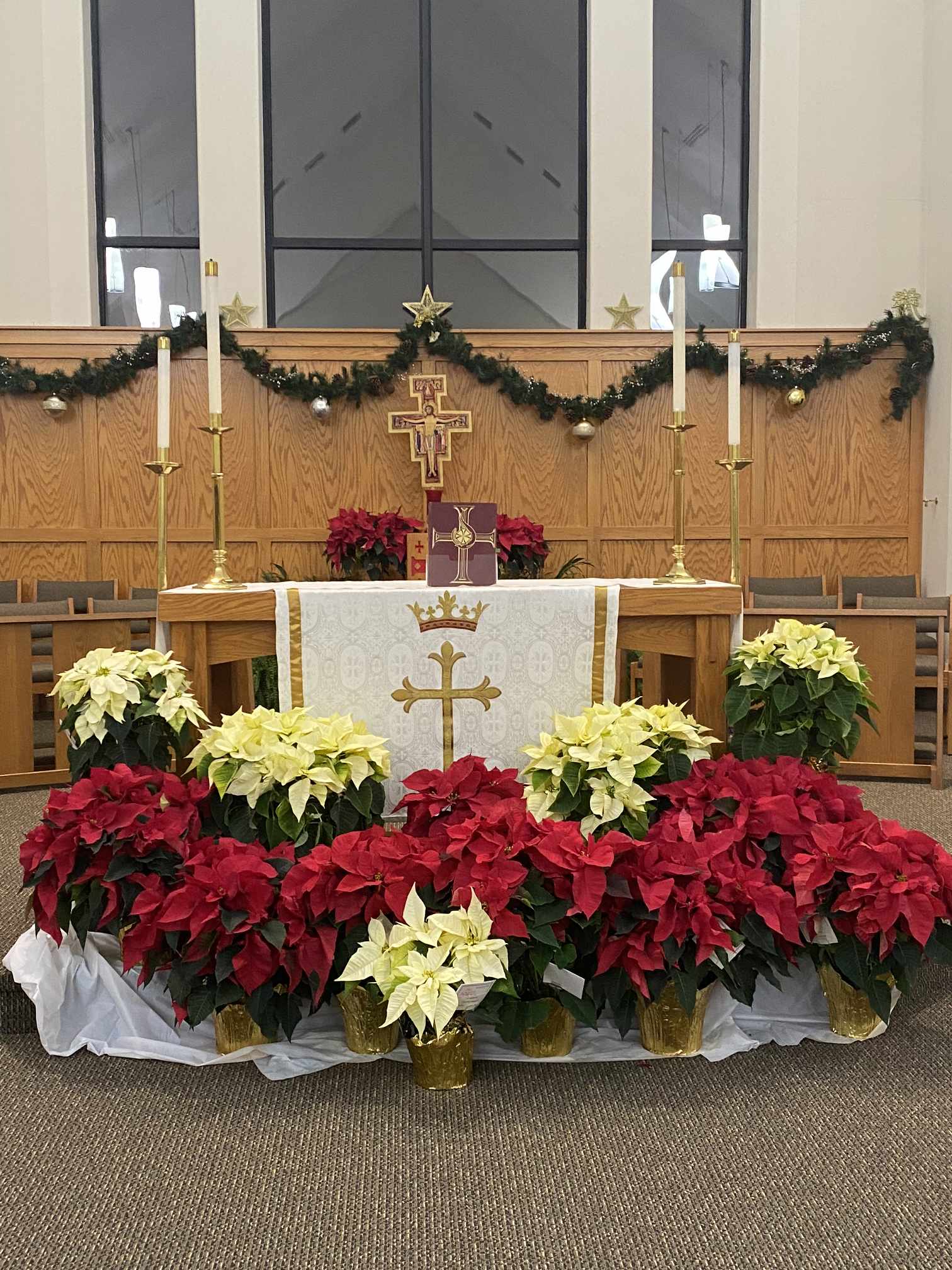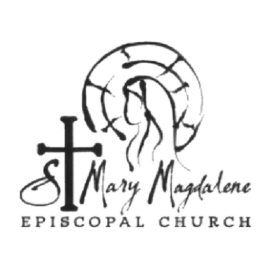The First Sunday after Christmas
Sunday, December 29, 2024
Regina Berens
In the name of the Father, and of the Son, and of the Holy Spirit. Amen.
If you were here for Christmas Eve, you’ll note that we’re using the reading from 1 John again. There are multiple choices for the Gospel reading on Christmas Day and for today. Both include John 1 and Fr. Mark and I made the same choice. So, the Gospel will be a re-run. The sermon will not.
The Gospel of John is very different from the gospels of Matthew, Mark and Luke. Mark starts with the baptism of Jesus. Luke starts earlier with the birth narratives. Matthew gives us his family tree starting from Abraham.
But John’s Gospel goes back some infinite amount of time to “the beginning”, when the earth was null and void.
“In the beginning was the Word.
And the Word was with God, and the Word was God.”
I remember when I first saw this passage in the original Greek. I was pretty familiar with the Greek alphabet because my college education had been focused on Math and Physics and “λογοσ” (“Word”) jumped out and hit me between the eyes. I decided then and there I needed a Greek-English New Testament.
But it’s one thing to translate this passage. It’s another to understand it.
“He was in the beginning with God. All things came into being through him, and without him not one thing came into being.”
And the Word became flesh and lived among us.”
In Jewish teaching, the “word of God” was synonymous with “God”. John is telling us that Jesus, like God the Father, always was and was involved in our creation. We were created out of God’s love, which expresses itself in creation, and, as the 18th-century theologian Matthew Henry put it, Christ “left a world of bliss and glory, and was here in this melancholy and miserable world. He was in the world but not of it.”
It’s hard to be in the world but not of it. Most of the time you’re swimming against the tide of the rest of humanity and yes, sometimes it feels melancholy and miserable.
In our church calendar, “New Year’s Day” is the first Sunday of Advent, the beginning of the church year. Unlike Advent calendars stocked with Lego toys, chocolates, cosmetic samples and whiskies of the world, Advent does not always begin on December 1 for us. In the time of King Henry VIII, Advent was a time of fasting in anticipation of the feasting and partying that started Christmas Day and continued through the “Twelve Days of Christmas”. We don’t even sing Christmas carols in church during Advent although we’re surrounded by them everywhere else.
If you feel a little “Bah, humbug” or over-stressed during Advent, you’re not alone. In 1954, C.S. Lewis wrote an essay called “Xmas and Christmas: A Lost Chapter from Herodotus,” in which he created mythical land that celebrates two festivals. Exmas (E-X-M-A-S) is a festival of excesses, with participants frantically exchanging cards and gifts, often reluctantly.
Sound familiar?
In another essay, Lewis asks, “Can it really be my duty to buy and receive masses of junk every winter just to help the shopkeepers?”
I’m beginning to see why my son and my late husband loved this guy.
The other festival, Crissmas (C-R-I-S-S-M-A-S), is a much simpler, quieter celebration centered on the birth of a child. Lewis disputed the belief that the two festivals are the same simply because they are celebrated on the same day. “The pictures which are stamped on the Exmas-cards have nothing to do with the sacred story which the priests tell about Crissmas,” he wrote.
Four days ago we celebrated the Word becoming flesh and living among us. THAT day was the beginning of the Christmas season for the church- not the day after Halloween, not even Black Friday.
SO… this is the first Sunday we Christians can wish each other a merry Christmas during the Christmas season and sing “Joy to the World”.
What does it mean today for US to be “in the world but not of the world”? With all the changes coming in the next few years- a new President, a new Presiding Bishop, a new Diocesan Bishop, a new pastor, as well as future things only God knows about, it’s an important question as we face what’s ahead.
It means we go back to the beginning and back to the basics. We remember that we are Children of God. Lewis wrote in “Mere Christianity”, “The Son of God became a man to enable men to become sons of God.”
Let’s go to parts of the Bible not in today’s readings that tell us what it means to be Christian in “interesting times”.
From Philippians 4:8: “Finally, brothers and sisters, whatever is true, whatever is honorable, whatever is just, whatever is pure, whatever is pleasing, whatever is commendable, if there is any excellence and if there is anything worthy of praise, think about[a] these things.”
From Ephesians 4:25
So then, putting away falsehood, let all of us speak the truth to our neighbors, for we are members of one another. 26 Be angry but do not sin; do not let the sun go down on your anger, 27 and do not make room for the devil. Let no evil talk come out of your mouths, but only what is useful for building up,[b] as there is need, so that your words may give grace to those who hear. Put away from you all bitterness and wrath and anger and wrangling and slander, together with all malice, 32 and be kind to one another, tender-hearted, forgiving one another, as God in Christ has forgiven you.
There will be days ahead when it’s not easy. But it’s what we can do when we remember we are children of God.
And…Merry Christmas.


